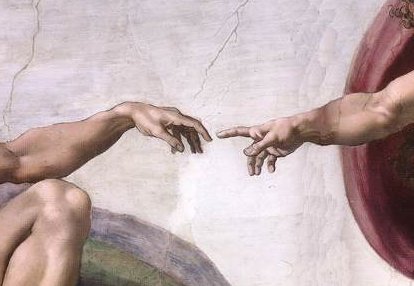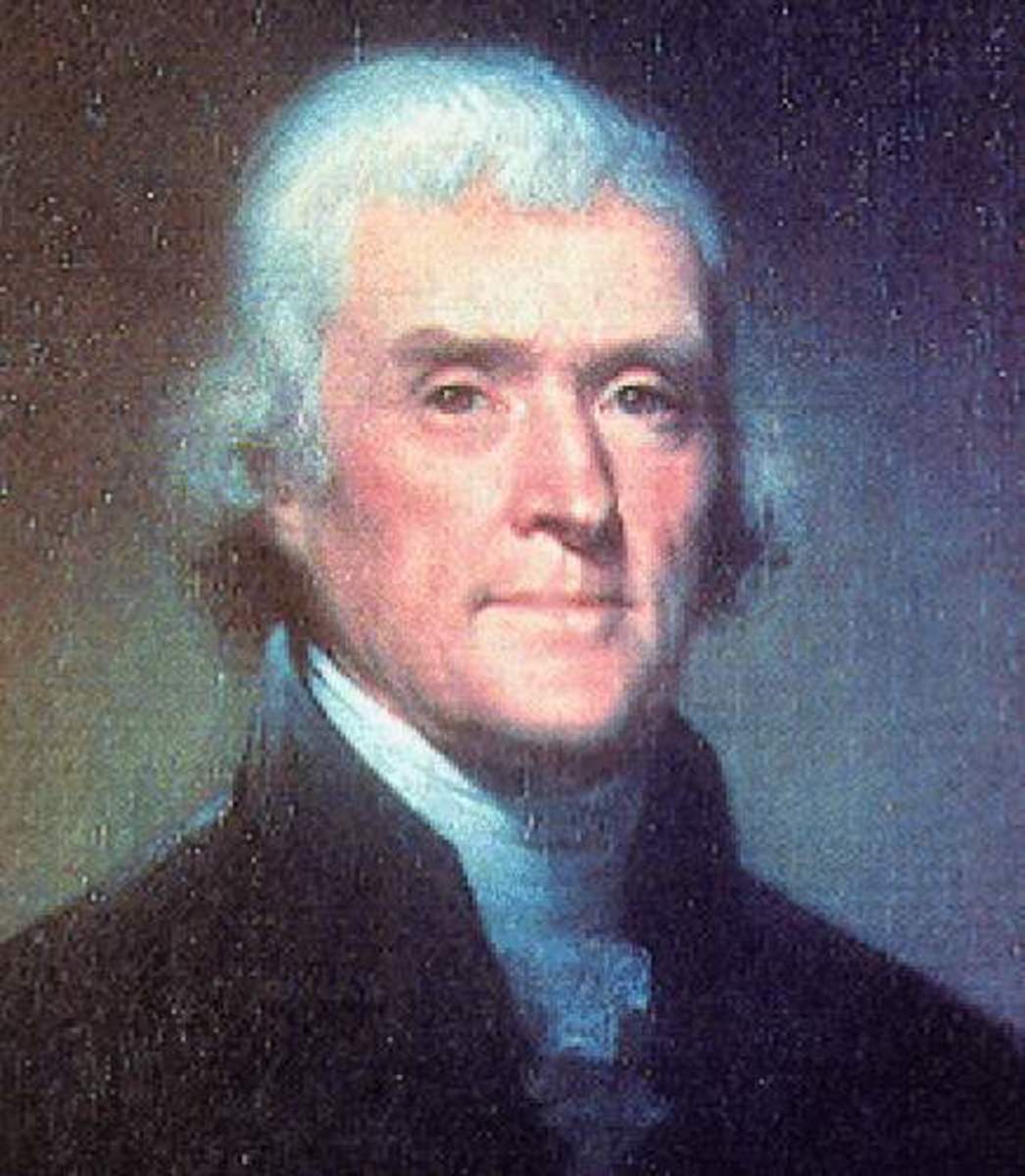Is Christianity a Superior Religion to those of Early Civilizations?
Common Origins
I have often wondered why we commonly consider early civilizations' practice of worshipping the sun in a different light to the story of man called Jesus.
If I was to pronounce my belief in the mighty sun god today, would I not be seen as unreasonable when compared to the good citizens at the local church.
It seems that there is a dividing line between the 'lesser' religious beliefs of early civilizations and those structured religions that have continued to the current day. On looking closer, there are a few characteristics common within each group.
1) Early religions tended to worship natural objects. The moon, the sun, fire. They focussed on the things that had the largest effect on their lives. The weather and seasons were responsible for their crops, migratory movements and comfort. Animal breeding and movements were also closely tied to this.
Modern religions tend to be based on a historical, charismatic figure. This figurehead has long since died or moved on to another plane of existence.
2) Early religion was more distanced from their deities. They tended to be wrathful gods, less concerned by the everyday activities of the average man. They were not closely related to the moral goings on of the earthly population and interactions between the two were (perceived as) violent. This was the age of sacrifices on the alter.
Modern religion has closely aligned itself to moral behavior. The lessons are typically taught via the 'perfect' example of someone (or something) that walked the earth at some stage. There is more focus on both reward and punishment for good and bad behavior.

So why has one group outlasted the other?
It can be argued that the development of religion is a natural response to the unknown. We have a basic desire to understand the reason for the events we witness. The mind does not readily accept 'random' as an explanation. The sun has such a control over our lives that it is easy to extend this control beyond the limits of its influence.
The main problem limiting the longevity of religions based on natural objects is the discoveries that follow. The sun and moon, although astounding objects of natural beauty, are not so mysterious when the structure of the solar system is taught in school. The role of religion in helping us deal with the unexplainable is destroyed when the central religious point itself is fully explained.
By focussing on deceased (or temporarily departed figures), and what occurs after death modern religions have removed the threat of definitive evidence against their existence. They also have a significant history and a hierarchial system that combined with the 'education' of successive generations helps maintain the core belief structure.
The inability to decisively prove either side of the argument has led to some interesting conjecture. 'Pascal's Wager' is an argument by a French mathematician. It states that no matter how unlikely the existence of god may be, the downside of being a non-believer, in the event there is a god, is of such great magnitude that we should all err on the side of safety and believe.
John Allen Paulos, of Temple University, Philadelphia, in his book "Irreligion: A Mathematician Explains Why the Arguments for God Just Don't Add Up" labels theology as a kind of 'verbal magic show' and organized religion as a "creationist Ponzi scheme". Having said that, he respects the right of anyone to believe and is strongly against those who "personally and aggressively question others' faith or pejoratively label it as benighted flapdoodle or something worse. Those who do are rightfully seen as arrogant and overbearing."
Stephen Unwin's 2003 book The Probability of God, which calculated the likelihood of God's existence at 67 per cent. This is somewhat lower than Oxford philosopher Richard Swinburne who calculated the chance of Christ's resurrection at 97%.
Famous atheist, Steven Wienberg, a Nobel prize winning physicist made his thoughts known with this quote: - "With or without religion, good people will do good, and evil people will do evil. But for good people to do evil, that takes religion."
It is difficult to say for sure if all of the good deeds done in the name of religion over time are sufficient to make up for the atrocities done in the same name.
Regardless of opinion, we are at a stalemate. There will be no proof for either side.
The question that remains for me is on the origins of religion. The basis of all religions seems to be the same. A way of dealing with the unknown. As more becomes known the role of religion seems to be less of a natural decision to the average person and organized religion's failure to address modern issues makes it seem to me like sun worship.
My belief, and I know this may be offensive to some, is that religion is a stage in the evolution of humans and we are approaching a turning point. Many countries across the world are seeing a decrease in the levels of participation in organized religion.
Although I do not believe in a deity, I respect the right of others to believe and I have seen the strength that faith gives people.
I will be very interested in your comments. This tends to be an area that everyone has an opinion on.








